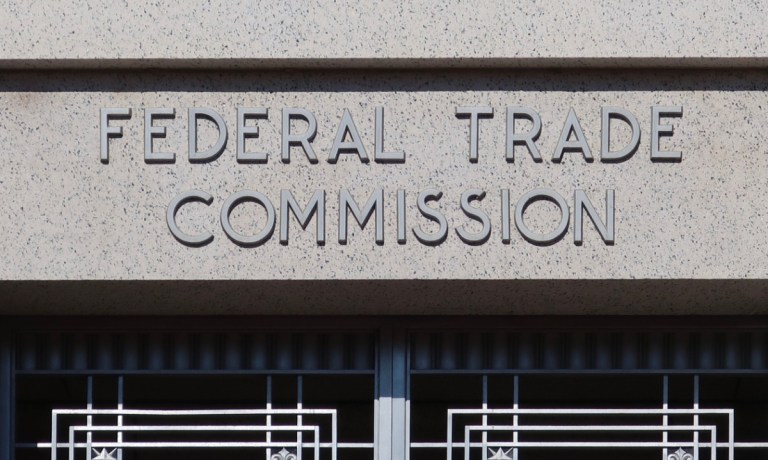FTC Strengthens Cooperation With Latin American Partners to Fight Fraud

The Federal Trade Commission (FTC) has partnered with consumer protection authorities from four Latin American countries — Chile, Colombia, Mexico and Peru — to combat cross-border fraud.
This collaboration, marked by the signing of a Multilateral Memorandum of Understanding (MMOU), aims to enhance cooperation in the fight against fraud within and beyond the United States, the FTC said in a Friday (Sept. 29) press release.
Maria Coppola, director of the FTC’s Office of International Affairs, said in the release that the partners have a shared commitment to protect consumers from cross-border fraud, deception and illegal practices. By establishing this multilateral MOU, the FTC and its Latin American partners are sending a strong message that fraudulent activities will not be tolerated, regardless of geographical boundaries.
Additionally, this agreement serves as a blueprint for expanding cooperation throughout the region, providing a mechanism for other countries to join forces against fraud, Coppola said.
The rise of low-cost online communications has made it easier for scammers to target consumers globally, posing a significant challenge for consumer protection authorities worldwide, according to the press release.
Fraud reports against companies in the four Latin American countries involved in this agreement more than doubled from 2019 to 2022, reaching 12,869 cases, the release said. Concurrently, consumer losses skyrocketed from $39.4 million to $237.9 million during the same period.
By signing the MMOU, the FTC and consumer protection authorities in these countries have committed to cooperating in investigations related to violations of consumer protection laws, according to the press release. The agreement encourages the sharing of consumer complaints, investigative assistance, coordination of enforcement actions against cross-border violations, and participation in platforms like econsumer.gov, which allows consumers worldwide to report fraud.
The MMOU also facilitates cooperation on non-investigatory matters, such as exchanging approaches to consumer protection policy issues and engaging in staff exchanges, joint training programs and workshops, the release said.
The agreement includes a mechanism for other consumer protection authorities to join in the future, indicating the potential for further expansion of this collaborative effort, per the release.
PYMNTS Intelligence has found that financial institutions (FIs) also report that fraud attacks are becoming more commonplace. A full two-thirds of FIs have seen increases in fraud rates, and more than half said the dollar value of the fraud has risen, according to “The State of Fraud and Financial Crime in the United States,” a PYMNTS and Featurespace collaboration.